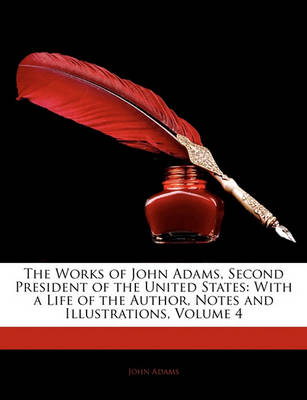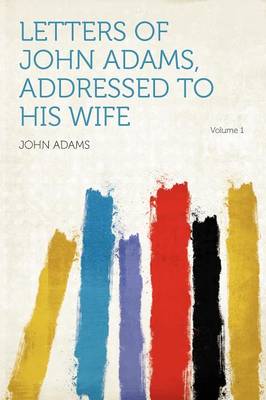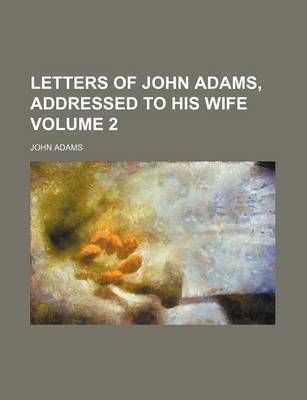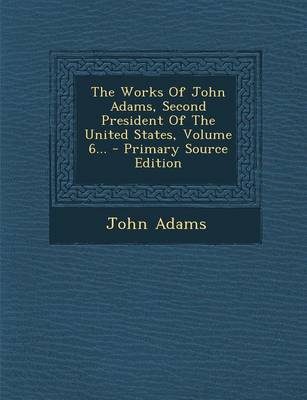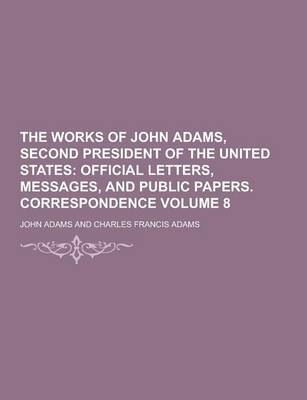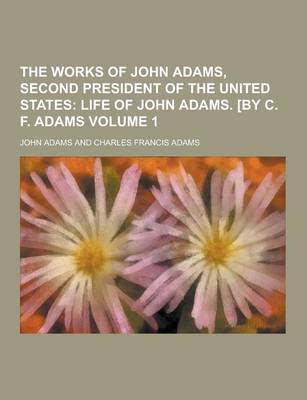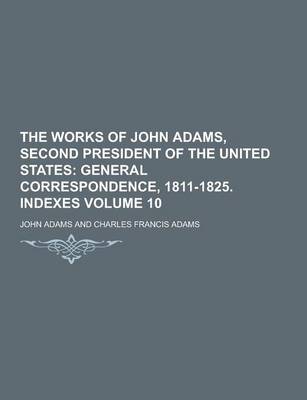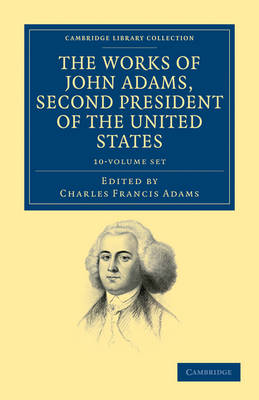Cambridge Library Collection - North American History
2 primary works • 14 total works
Volume 4
The Works of John Adams, Second President of the United States: Volume 4
by John Adams
Volume 6
The Works of John Adams, Second President of the United States
by John Adams
The Works of John Adams, Second President of the United States, Volume 6...
by John Adams
The Works of John Adams, Second President of the United States Volume 8
by John Adams
The Works of John Adams, Second President of the United States Volume 3
by John Adams
The Works of John Adams, Second President of the United States Volume 1
by John Adams
The Works of John Adams, Second President of the United States Volume 10
by John Adams
The Works of John Adams, Second President of the United States: Volume 9
by John Adams
The Works of John Adams, Second President of the United States: Volume 2
by John Adams
The Works of John Adams, Second President of the United States: Volume 7
by John Adams
The Works of John Adams, Second President of the United States: Volume 5
by John Adams

